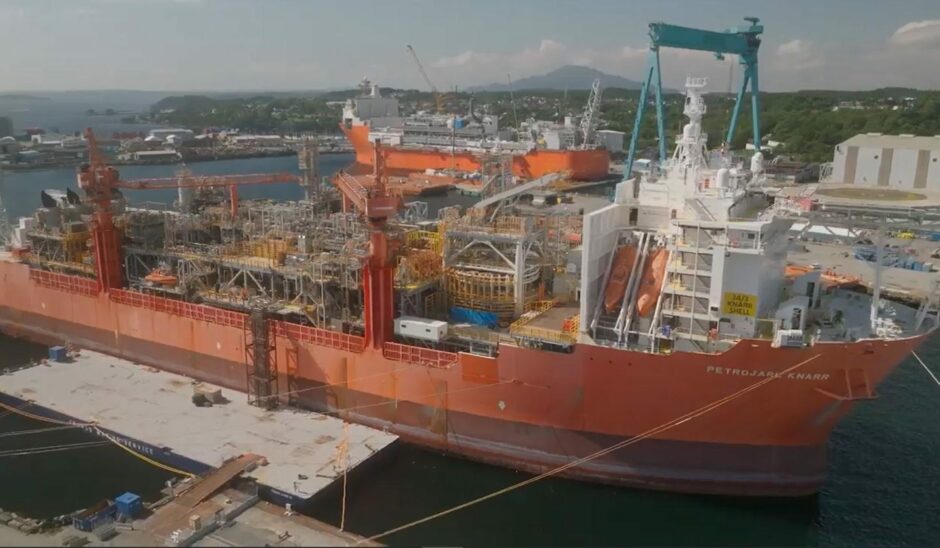
Concerns over the emissions intensity of Equinor’s Rosebank development could be holding up project sign off, according to reports.
It is understood that the West of Shetland oilfield, the UK’s largest untapped resource, is unlikely to be rubber stamped by the government until August at the earliest.
The main sticking point is over Rosebank’s net zero credentials, according to reports in City AM – Equinor (OSLO: EQNR) says there is no basis for the speculation.
A spokesman for the Norwegian group said: “We have had great dialogue with regulators. In our engagement with the regulator, we have not received any concerns related to electrification and we continue to mature the Rosebank project according to plan.”
Despite the company’s optimism, parliament will break for summer recess next week, meaning the project could remain sat on the regulator’s desk.
Maybe not as imminent as it seemed
There were reports recently that approval of Rosebank from the Offshore Petroleum Regulator for Environment and Decommissioning (OPRED) was imminent.
Once that is achieved the field development plan will have to go before the North Sea Transition Authority (NSTA) for final consent, though the report says there is now a chance that may not happen until autumn.

Approval from the relevant bodies is needed before Equinor, and project partner Ithaca Energy, can take a final investment decision (FID) on the project – the company had hoped to make that call before the Offshore Europe conference, which will be held in Aberdeen in September.
Forecasted to produce 300 million barrels of oil, Rosebank will be produced using the Knarr FPSO, with first oil slated for 2027.
Two emissions scenarios
According to the Equinor environmental statement, Rosebank will, on average, emit 165 kilotonnes of CO2 per year.
That’s around 1.6% of the annual emissions of the UK offshore sector, when compared with North Sea Transition Authority (NSTA) figures.
Rosebank’s emissions intensity – how much CO2 it produces per barrel – hinges largely on whether Knarr is electrified, allowing gas-fired generators to be replaced with green energy.

According to the Norwegian energy giant, with Rosebank electrified, it will have emissions of 3 kg of CO2 per barrel, “one of the lowest ever CO2 footprints” in UK waters, compared to a sector average of 20 kg per barrel.
Without electrification, it will emit 12 kg of CO2 per barrel of oil produced though, and it is claimed that OPRED is yet to be sold on Equinor’s ability to produce the field in as lower emitting way as possible, hence the reported delay.
Big investment not enough to win over campaigners
Equinor says the development will see £8.1bn of direct investment, £6.3bn of which “is likely to be invested in UK-based businesses“.
The firm says more than 1,600 jobs are expected to be employed at the height of construction in Q2 2025. An average of 450 jobs are expected across the life of the field.
Climate activists meanwhile say the UK doesn’t need Rosebank’s oil, the majority of which will be exported on the global market.
However, this is largely due to the UK’s lack of refining capacity, and crude that flows out of the UK often flows back in again.
Recommended for you

